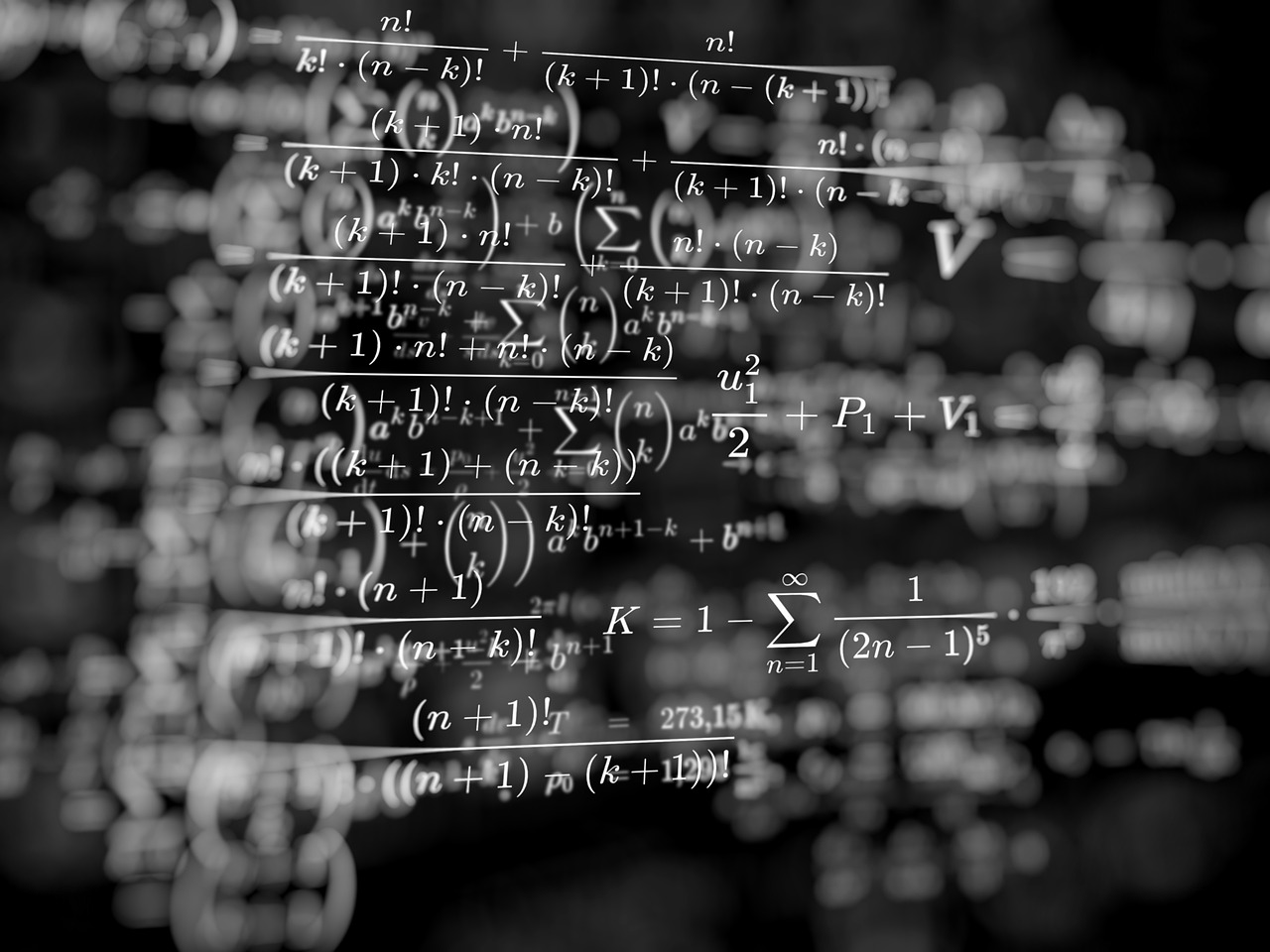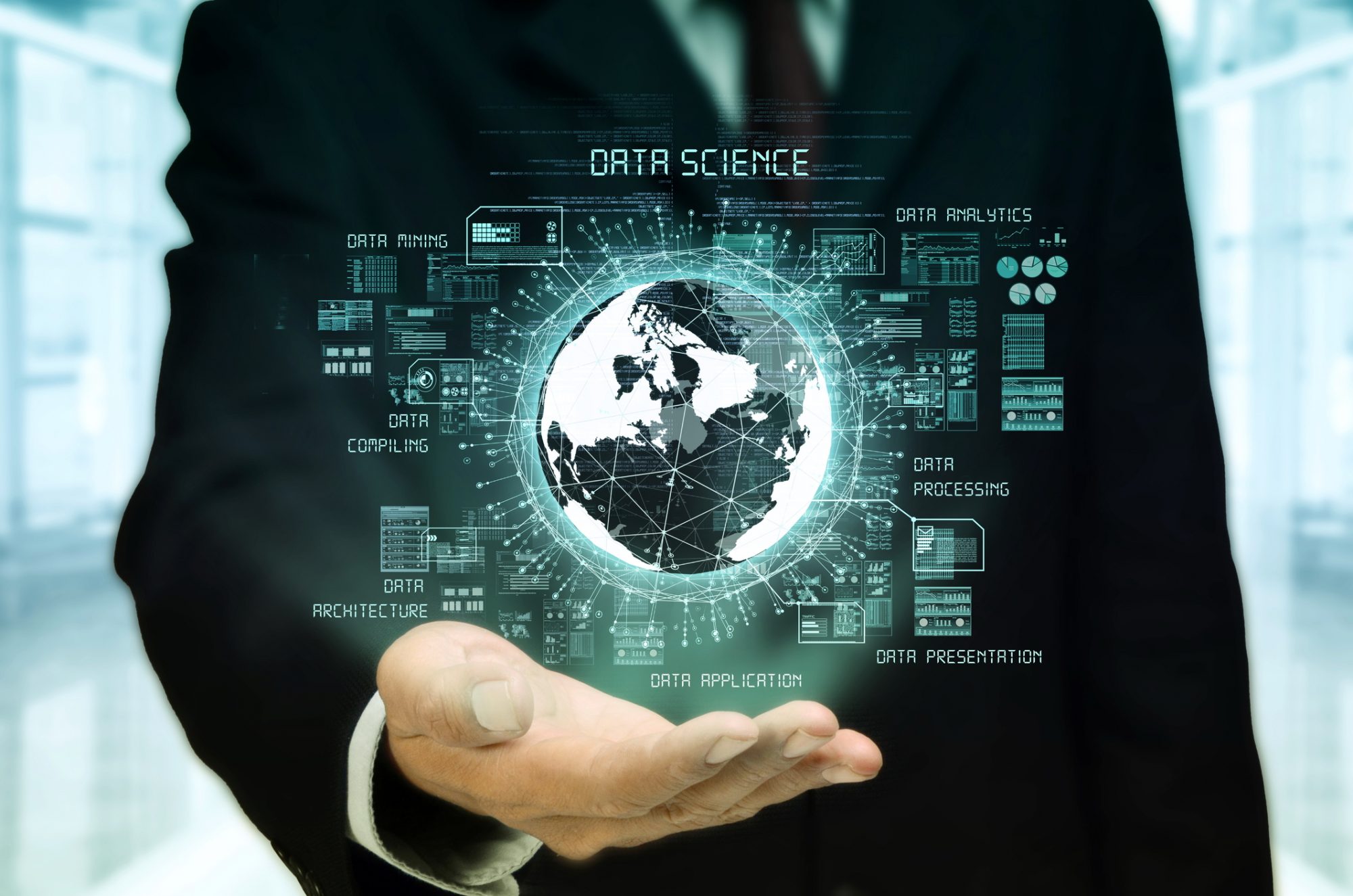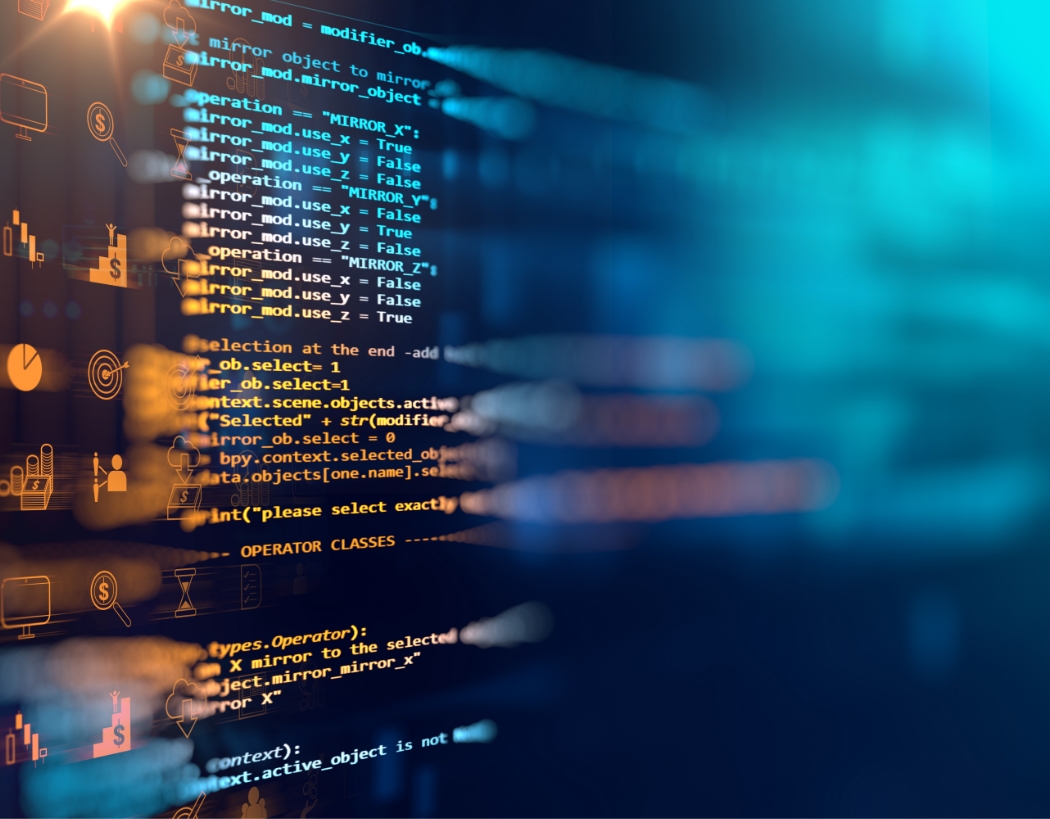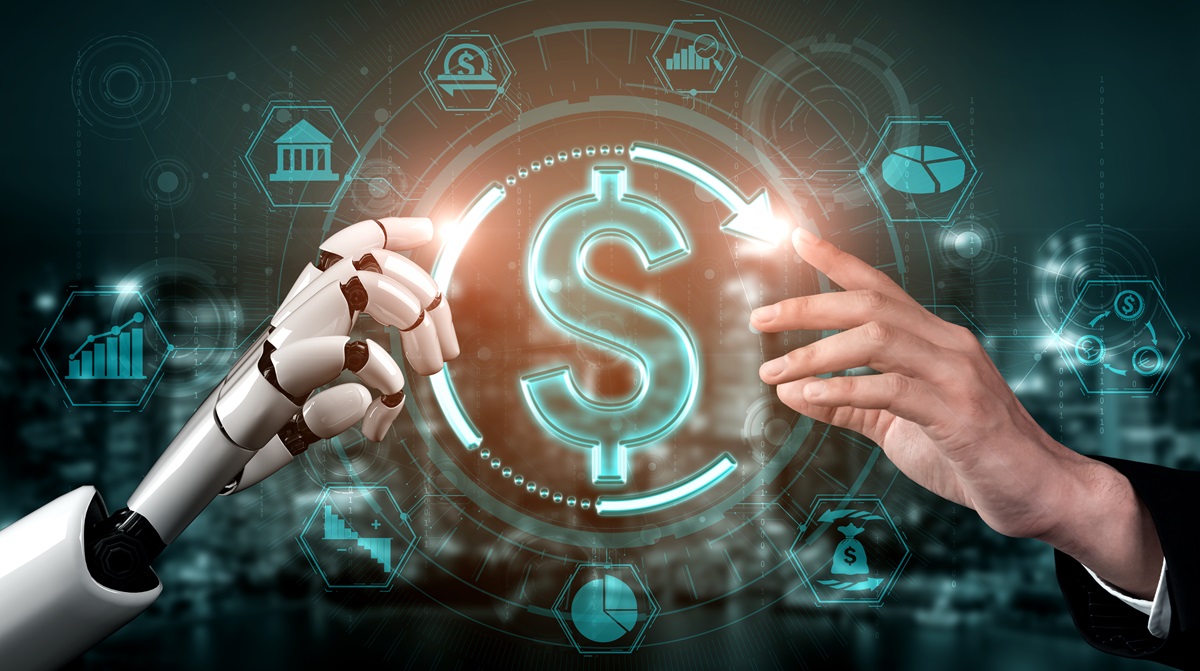The Quest for Accuracy: Why Math Matters
In the ever-evolving landscape of AI, accuracy is paramount. Traditional AI systems, while impressive, often falter due to a phenomenon known as "hallucination." This occurs when AI generates information that, although plausible, is entirely fabricated. The integration of mathematical proof techniques offers a promising solution to this issue, as math provides a concrete way to ascertain the correctness of an answer.
Key Contributors and Their Innovations
Harmonic's New Approach
-
Harmonic, a Silicon Valley start-up led by Tudor Achim and Vlad Tenev, is pioneering this new wave of AI. Their AI system, Aristotle, not only answers complex mathematical questions but also generates computer programs to verify those answers.
Google DeepMind’s AlphaProof
-
Another significant player, Google DeepMind, has unveiled AlphaProof, an AI system that recently earned a "silver medal" performance at the International Mathematical Olympiad. This milestone demonstrates the potential of AI to solve high-level mathematical problems accurately.
The Intersection of AI and Math: How It Works
The process of integrating mathematical proof techniques into AI involves several steps. These steps ensure that the AI can not only derive answers but also verify them, thus eliminating errors.
Step-by-Step Process
-
Problem Formulation
-
The AI system is presented with a mathematical problem, which it needs to solve.
-
Solution Generation
-
The AI generates a solution using its built-in algorithms.
-
Verification
-
The solution is then verified through a computer program generated by the AI itself, ensuring its correctness.
Beyond Math: Extending the Techniques
While the initial focus is on mathematics, the potential applications of these techniques are vast. Researchers are optimistic that similar methods can be applied to other fields, such as computer programming and even real-world scenarios.
Potential Applications
Computer Programming
-
By generating reliable code, AI can automate various digital tasks, enhancing efficiency in software development.
Real-World Verification
-
AI systems could eventually verify physical truths, such as scientific constants and observable phenomena, further extending their utility.
Challenges and Limitations: Navigating the Complexities
Despite the promising advancements, there are limitations to how far these techniques can go. The complexities of daily life and the lack of absolute truths outside the realm of mathematics pose significant challenges.
Key Challenges
Complex Real-World Scenarios
-
AI systems struggle with the nuances and uncertainties of real-world situations where there is no clear right or wrong answer.
Data Dependency
-
The accuracy of AI systems heavily depends on the quality of the data they are trained on. Inaccurate or biased data can lead to flawed outcomes.
The Future of AI: What Lies Ahead?
The journey towards error-free AI is ongoing, with researchers continuously exploring new methods and refining existing ones. The integration of mathematical proof techniques is just the beginning, and the future holds exciting possibilities.
Future Directions
Enhanced Learning Algorithms
-
Future AI systems will likely incorporate more advanced learning algorithms that can adapt to new information and improve their accuracy over time.
Broader Applications
-
As AI systems become more reliable, their applications will extend beyond mathematics and programming, potentially transforming various industries.
Blueprint for Error-Free AI
The fusion of AI and mathematics is a groundbreaking development that promises to eliminate the errors and hallucinations plaguing traditional AI systems. By leveraging the rigid discipline of math, researchers are paving the way for AI systems that can generate and verify accurate information consistently. While challenges remain, the progress made so far offers a glimpse into a future where AI can be trusted to provide reliable and precise data across various domains.







